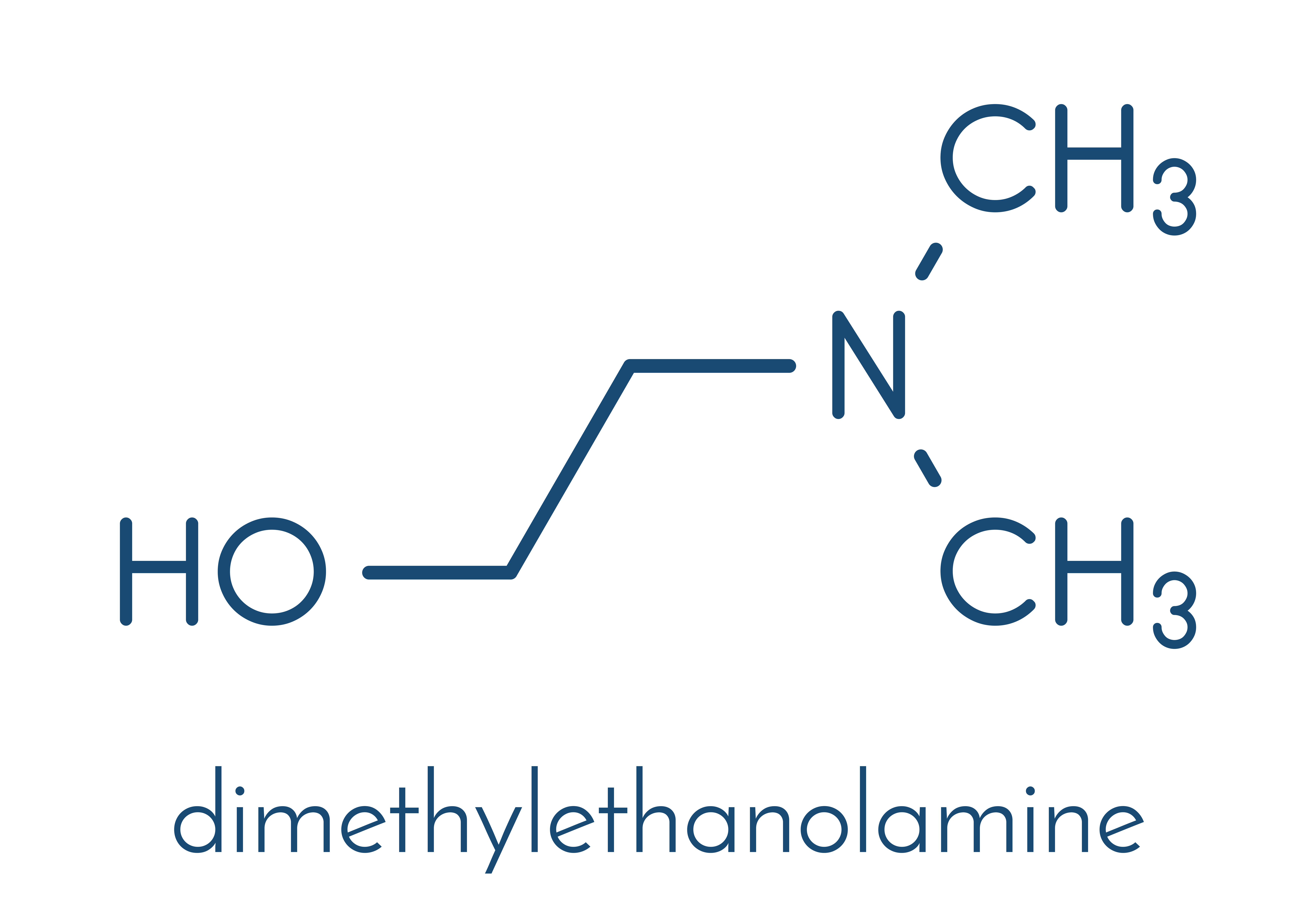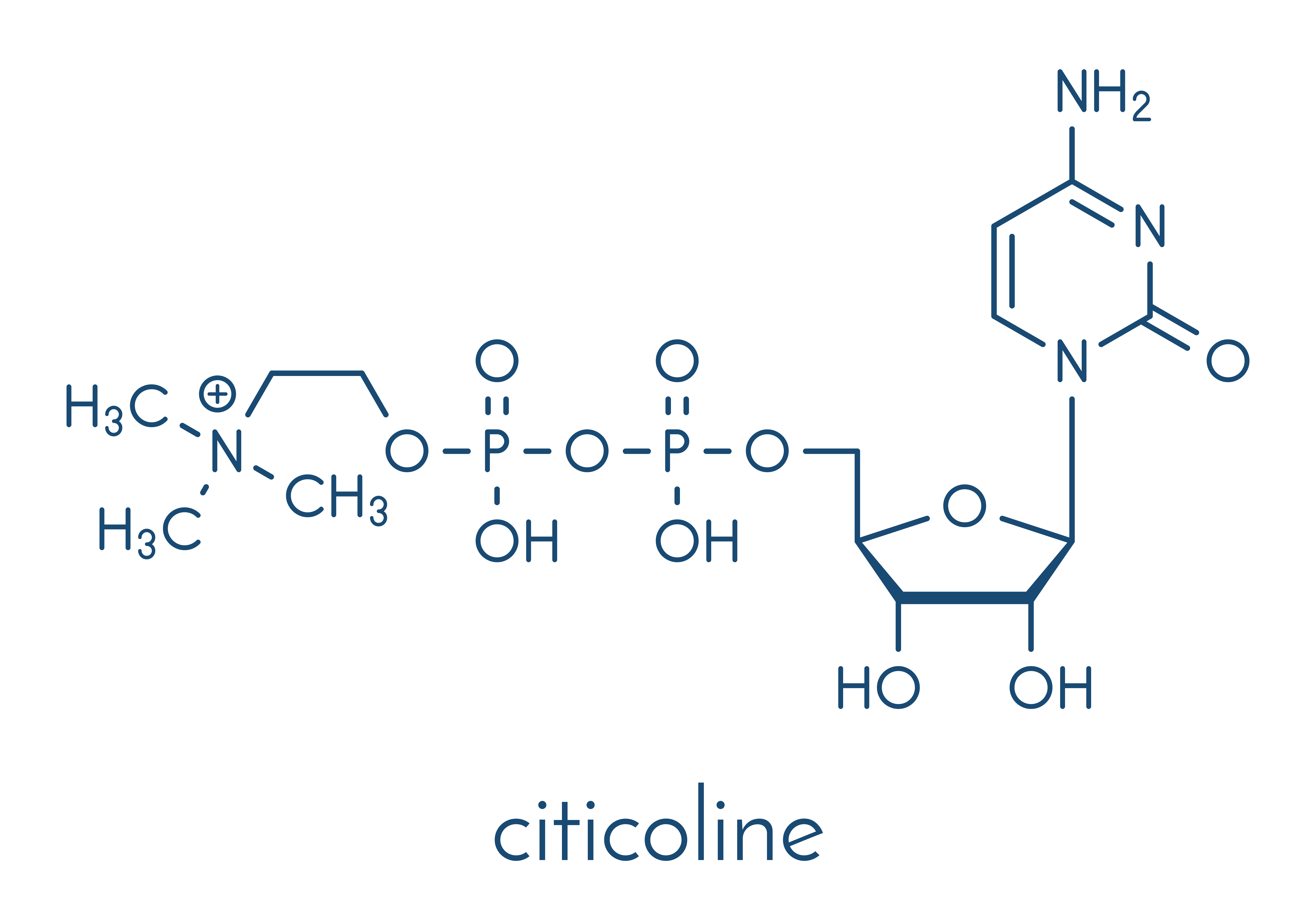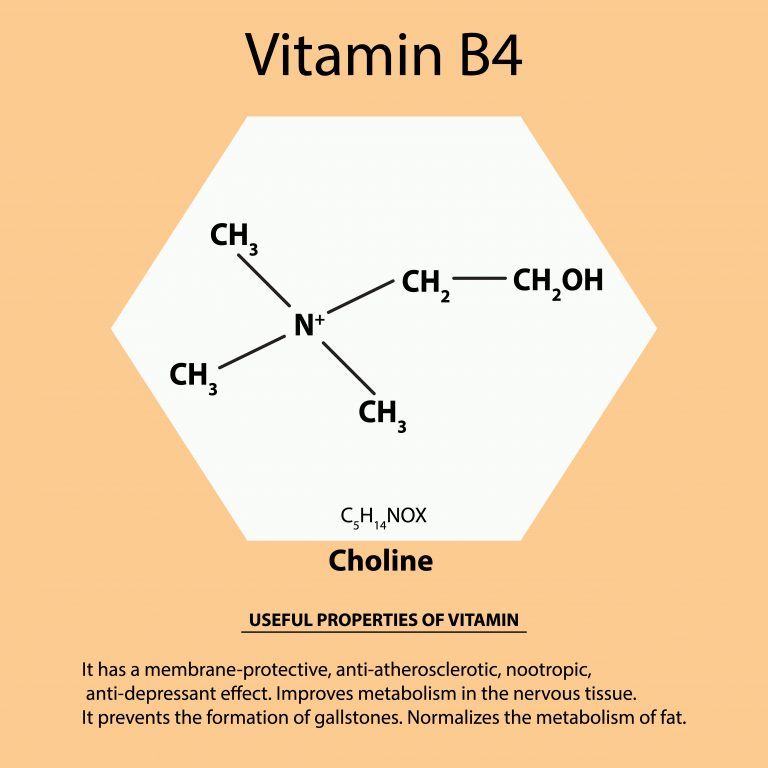This nutrient is especially important for liver health, but it’s increasingly popular among people who want to support brain function. The supplement market offers many forms of choline, and choosing the right one for yourself can be difficult.
Why supplement choline?
Choline was officially recognized as an essential nutrient in 1998 by IOM (Institute of Medicine). Choline deficiencies are considered to be contributing factors to liver dysfunction, atherosclerosis, cellular structure degradation, and neurodegenerative diseases.
Chromins are made of phospholipids, such as phosphatidylcholine, which is a building block for cell membranes. Healthy cell membranes allow you to maintain a proper cell function and communicate between them. The neurotransmitter acetylcholine is also made from it. It’s known for its positive effect on memory formation and concentration, and its low levels are associated with Alzheimer's disease.
This compound is also the methyl donor for Methionine S-Adenosine (SAMe), which participates in at least 50 different reactions in the body. This helps choline to help maintain homocysteine levels at the right level, in the synthesis of neurotransmitters, DNA methylation and energy metabolism. A significant portion of these methyl groups (more than 70% of SAMe) are intended for creatine synthesis, so it’s important to take good care of their creatine supply in order to enjoy the full functionality of creatine. Muscle damage and non-alcoholic fatty liver are also associated with insufficient amounts of choline.
For nootropic purposes, choline is particularly used for its beneficial effect on memory and concentration. The cholinergic system controls the flow of impulses, motor work and learning. It’s readily used in times when we need to absorb a considerable amount of information, for example before major examinations. It also slows down the progressive neurological disorders resulting from a decrease in choline levels in the body.
Let's take a look at the most commonly used forms and sources of choline in supplements:
Choline quinine
The simplest and most economical form of choline. In its molecule alone the choline occupies about 41% of the mass. For effective action, large doses are required because this form does not effectively cross the blood-brain barrier. It’s a great choice when choline is needed to support lipid metabolism and liver health as it effectively increases peripheral choline levels. It’s a precursor to trimethylglycine which brings additional benefits.
DMAE (dimethylaminoethanol)

It’s very structurally similar to choline, but it differs from methyl groups - choline has three such groups, whereas DMAE has only two methyl groups. DMAE itself does not belong to choline forms, but it’s its precursor, which more effectively crosses the blood-brain barrier and converts to acetylcholine, which is why it’s more commonly used for nootropic purposes.
Alpha GPC (glycerophosphocholine)

Very popular form in nootropic applications. After breaking down the molecule, choline and glycerophosphate remain. Effectively crosses the blood-brain barrier and converts to acetylcholine. It’s also used in pre-workout boosters to raise the growth hormone level and increase exercise capacity. The pure choline content of the alpha GPC molecule is about 40%.
CDP Choline (Citicoline)

Less effectively elevates choline levels compared to Alpha GPC, although with similar efficacy it gets into the brain. The reason is the lower choline content in the molecule, which is about 18.5%. Cytoplasm makes up for it with other properties. Apart from choline in its structure also has a cytidine that is a precursor to uridine. This, in turn, works well to strengthen the lipid membranes of cells, stimulates neurogenesis and regenerates the dopaminergic system. It’s a more complex agent than any other form of choline.
Summary
When you want to get the benefits of brain function, nervous system condition and memory, it’s best to use CDP, followed by Alpha GPC. When our expectations are not too high and we want to allocate a smaller budget for supplementation, we can reach DMAE. Alpha GPC in turn seems to be the best choice to support the training opportunities. Traditional choline quinine is the best choice when we depend more on peripheral neurological effects of choline, related to liver condition, lipid metabolism, cardiovascular health, and the like.







3 Comments